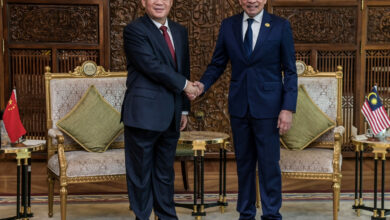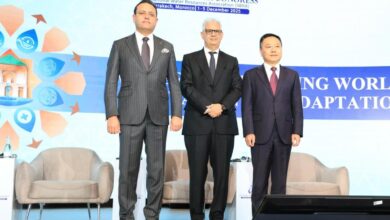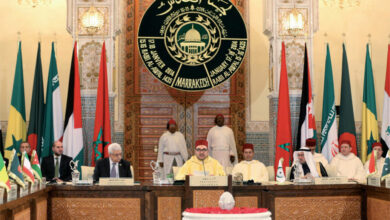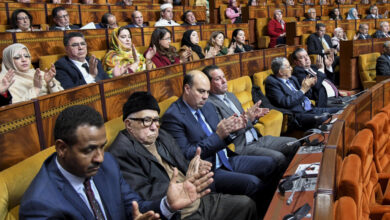Why Does Al Jazeera Persist in Undermining Morocco Despite Global Recognition of Its Territorial Integrity?
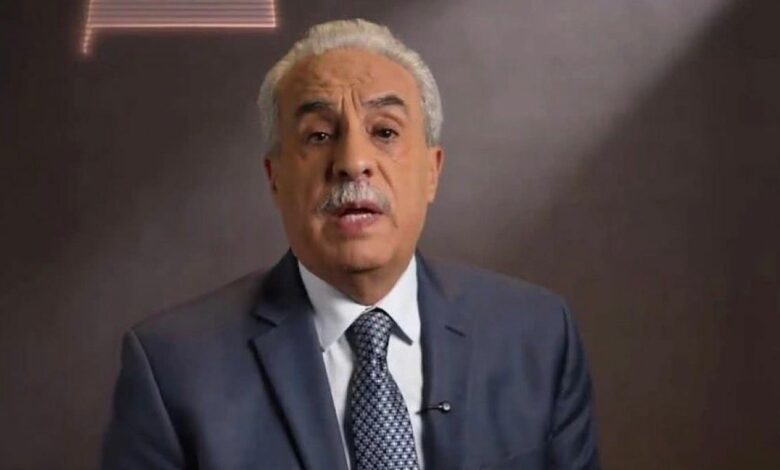
ALDAR/ Iman Alaoui
At a time when Morocco is experiencing one of the most successful phases of its modern diplomatic journey—with the majority of influential countries now backing its autonomy initiative as the only viable solution to the Sahara issue—Qatar’s Al Jazeera continues to stir controversy with coverage that many Moroccans view as biased and damaging to their nation’s image and territorial unity. The irony lies in the timing: as international support for Morocco’s sovereignty grows across Africa, Europe, and Latin America, Al Jazeera remains committed to broadcasting reports that appear deliberately provocative and skeptical.
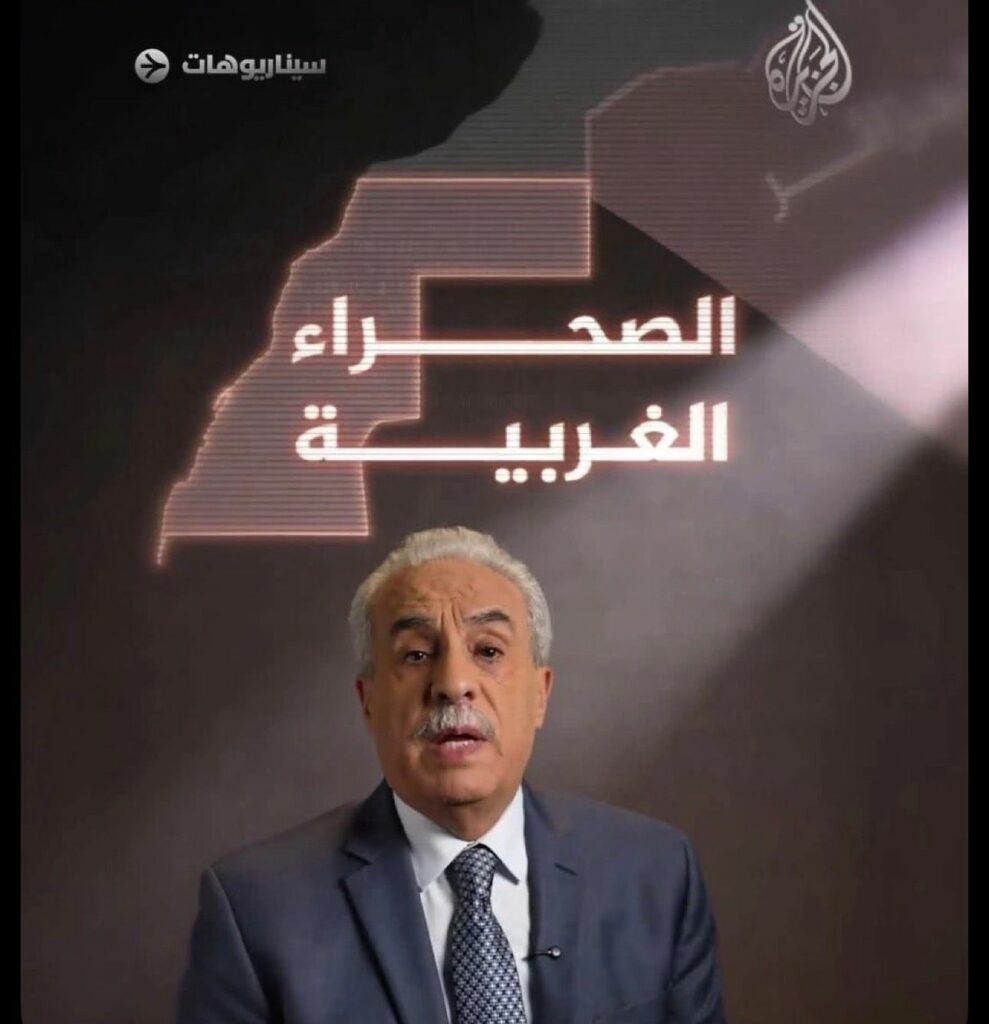
For years, relations between Rabat and the Qatari channel have fluctuated between tension and rupture, mainly due to coverage, maps, and commentary that Morocco considers an infringement on its sovereignty. The network defends itself under the banner of “press freedom,” yet a closer look at the content it produces reveals a consistent pattern of targeting Morocco—whether by casting doubt on its development projects in the southern provinces or by giving airtime to groups that claim to represent the people of the Sahara outside the UN-recognized framework. Such a pattern can hardly be dismissed as a mere journalistic misstep; rather, it suggests a deliberate editorial policy shaped by broader regional dynamics and political considerations.
Part of this posture seems rooted in the shifting geopolitical landscape of North Africa. Morocco’s growing influence—bolstered by its expanding alliances and partnerships with major global powers—has redefined its regional standing, positioning it as an emerging force. This rise, however, has unsettled certain actors intent on curbing its ascendancy. In that context, the media sphere becomes an arena for indirect confrontation, where prominent outlets serve as instruments of soft power guided by calculated political motives. It is within this framework that Al Jazeera’s persistent scrutiny of Morocco can be understood—as an attempt to magnify any issue that might be interpreted against the kingdom, even at the expense of journalistic balance and objectivity.
Yet the impact of this approach is no longer what it once was. Moroccan public opinion has matured; citizens now have a clearer grasp of their country’s strategic position and meet such campaigns with growing confidence in their institutions and achievements. Morocco’s diplomatic response, too, has evolved from reactive indignation to proactive persuasion—convincing international partners of the realism and stability of its autonomy proposal. This diplomatic maturity has transformed support from Washington, Madrid, Paris, and numerous African and Latin American states into a near-consensus around the legitimacy of Morocco’s stance.
Still, Al Jazeera appears to be swimming against the current, disregarding the global shift toward acknowledging Morocco’s sovereignty over its Sahara. This contradiction raises deeper questions about the network’s motives: is it truly defending an independent editorial line, or is it amplifying discord in service of actors who have failed to weaken Morocco through political and diplomatic channels?
Ultimately, the reality is undeniable: Morocco today stands stronger than ever, backed by broad international support and guided by a rational discourse grounded in historical and legal legitimacy. Media attempts to distort this image, no matter how frequent, cannot alter the facts. They merely expose the discomfort of certain outlets faced with a confident, sovereign Morocco charting its future with determination and unity.

